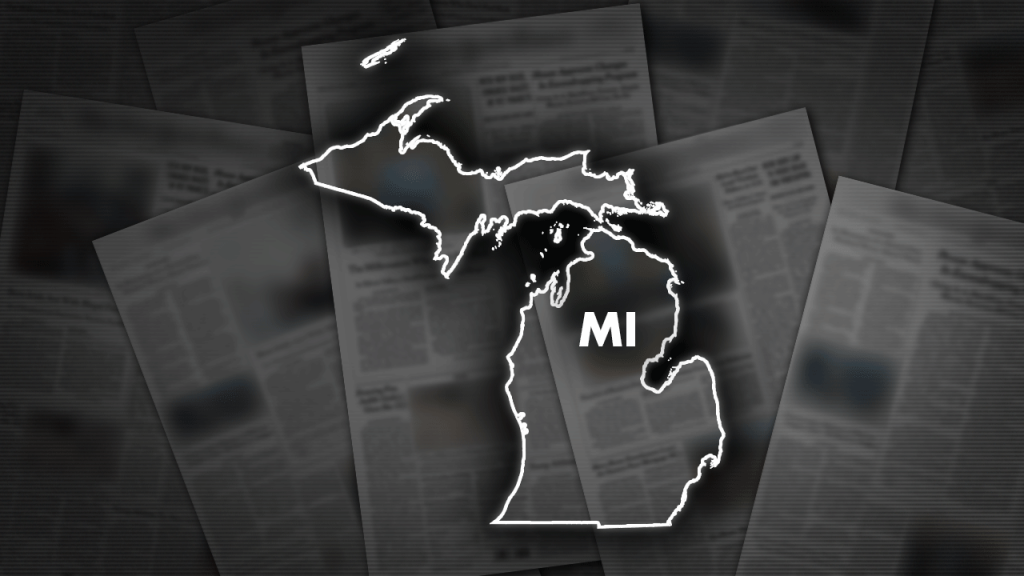The Michigan appeals court dismissed charges against James Holkeboer, an election worker who downloaded voter information onto a USB flash drive after the close of a primary election in 2022. The court determined that while Holkeboer’s conduct was improper, it did not constitute a crime under the state law cited by prosecutors. The law in question only prohibits acts that change the election record, and no evidence was presented that the voter information was altered or made unavailable to election officials.
Holkeboer, a Republican, was working at a polling place in Kent County’s Gaines Township for the first time when he downloaded the voter information. He claimed that he did so in order to compare it to lists he was seeking under a separate public records request. Despite his actions, the appeals court found that the charges of election fraud could not be sustained given the lack of evidence that any election information was altered or made unavailable as a result of his actions.
Kent County Clerk Lisa Posthumus Lyons, who oversees elections, expressed support for appealing the court’s decision to the Michigan Supreme Court in order to address what she described as a breach of public trust. While Holkeboer’s actions did not impact the results of the primary election, the clerk emphasized the importance of upholding the integrity of the electoral process and holding individuals accountable for any misconduct or improper behavior.
The case highlights the complexities and nuances of election laws and regulations, as well as the importance of ensuring that election workers adhere to the highest ethical standards in carrying out their duties. While Holkeboer’s actions may have been deemed improper, the court’s decision underscores the need for a clear and specific basis for criminal charges related to election fraud, particularly when it comes to acts that involve the handling or manipulation of voter information.
Ultimately, the dismissal of charges against Holkeboer serves as a reminder of the legal principles and standards that govern the conduct of election workers and the prosecution of election-related offenses. It also underscores the significance of transparency, accountability, and integrity in the electoral process, and the need for a thorough investigation and objective evaluation of the facts in cases involving allegations of misconduct or fraud.
Moving forward, the case may prompt a review and potential revision of election laws and statutes to address any gaps or ambiguities that could lead to similar situations in the future. By clarifying the legal parameters and requirements for prosecuting election-related offenses, lawmakers and officials can help safeguard the integrity of the electoral system and ensure that individuals are held accountable for any violations of the law.


